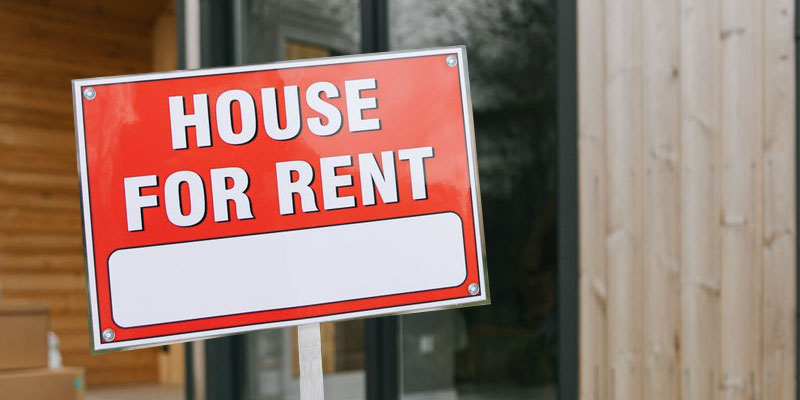Investing in real estate can be an extremely rewarding experience, especially if you’re properly prepared for the journey. The potential to make money is fairly strong through steady income and appreciation, although return on investment is never guaranteed. In order to mitigate risks and increase your chances of profitability and success, there are a number of important factors to consider, including the following.
Finding the right neighbourhood and tenants
The golden rule of real estate pertains to any type of dwelling, regardless of its purpose is that location reigns supreme. Where you chose to buy your investment property will determine the type of tenant you can expect to attract and the amount of rent you can charge. You want to ensure your property is appealing to prospects to increase your likelihood of profit, so understanding the surrounding neighbourhood and the appeal it offers is important.
The lifestyle associated with the location should also be top of mind when thinking of your potential tenants. Students, bachelors, single families, retirees and multi-generational families all have different needs and priorities. Renting to students will require a property near colleges and universities; single-families will seek child-friendly areas and nearby schools; retirement living will focus on conveniences most likely found in a condo; and multi-generational families will be looking for space.
The best investment opportunity will be found in an area with high rental income possibility – one that offers safe living, ample amenities, easy access to public transportation, shopping centres, health care facilities, etc. The bottom line is that you need to research the location of your property before investing. Don’t be tempted by a seemingly good deal if the location is unfavourable, as rental income will be lower and turnover rates higher. And don’t forget as a landlord you’ll be responsible for all repairs and maintenance so, unless you hire a property manager, make sure the property is close enough to home should you be called upon to fix urgent problems.
Choosing the right type of home
If your handyperson skills don’t rival those of a professional contractor, avoid a fixer upper. Concentrate on move-in ready homes that require little time and money to maintain. Cosmetic repairs or small upgrades are often manageable, but you’ll want to avoid your investment turning into a money pit that erodes your eventual profit.
Single-family homes and condominiums are two of the most popular types of investment properties. Condos present a low maintenance option, which is ideal if you have limited landlord capabilities, although rental amounts tend to be lower. Single-family homes will garner higher rents and attract longer-term renters seeking a place to settle down.
Checking comparable listings and vacancy rates
The rent you charge will directly impact your potential profit. Start with the average rent in your desired neighbourhood, which will help you evaluate your probability of success. If properties are renting for a certain price, you’ll want to stay in a similar range. Always be realistic with your rent expectations. Being overly optimistic will only discourage potential tenants.
You also need to evaluate the area’s vacancy rate. A high volume of vacant properties – whether linked to the economy, the current rental market or the result of a questionable neighbourhood – should raise a red flag. Higher vacancies will also force you to charge a lower amount to attract tenants.
Analyzing cashflow
In order for your investment to be profitable, you need to have more cash flowing in than you do flowing out. In other words, the rent you collect each month must be higher than the total cost of the expenses you incur to run the property – now and into the future.
Assess the local economy to ensure it’s supportive of long-term housing demand, and evaluate the local real estate market and the property itself. Determine how much rental income you think you can earn each month and subtract the associated expenses. Costs such as the mortgage, property taxes, insurance, ongoing maintenance and repairs, property management fees (if applicable) and allowing for possible periods of vacancy all need to be calculated to provide a realistic picture of whether your cashflow will be positive or negative.
Working with professionals
As with any home purchase, it’s important not to go it alone. Talk to your mortgage agent about what you can comfortably afford to spend on an investment property. Rely on the expertise of a realtor who specializes in rental income properties and consult the local real estate board to learn more about possible neighbourhoods with high rental opportunities. Find out about associated tax benefits from your financial advisor and count on the expertise from your lawyer for all legal matters.
Taking the time to research the most suitable investment property will increase your chances of a profitable experience. Similar to buying your own home, proper planning and due diligence as an investor will pay off in spades.
Have questions about becoming a real estate investor or about your mortgage in general? Answers are a call or email away!
